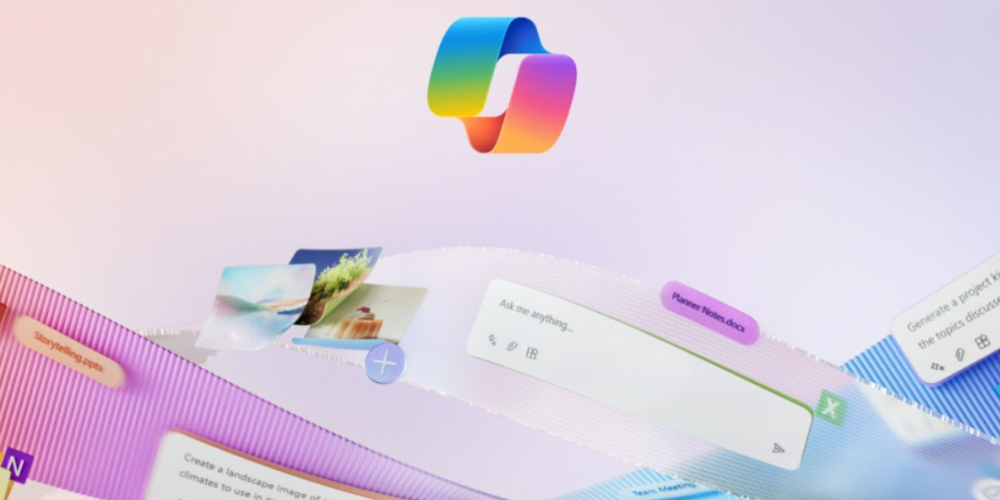Microsoft Enhances AI Image Generation Ethics with Keyword Blocks
- Mar 12, 2024
- 33

In response to the rising concerns about the misuse of artificial intelligence (AI) in generating explicit imagery, tech behemoth Microsoft has taken a step forward in ensuring its AI frameworks function within ethical boundaries. The company has cast a spotlight on Copilot Designer, an AI-powered tool, emphasizing its commitment to curtailing inappropriate AI behavior. This decision comes on the heels of incidents that have questioned the responsibility of AI technology in media generation, calling attention to the necessity of ethical oversight in these rapidly evolving tools.
At the heart of the matter is Microsoft’s proactive measure to block specific keywords tied to the creation of explicit and violent content on Copilot Designer. This effort is not merely a functioning protocol but a response to the caution raised by conscientious engineers within the company. These professionals have voiced their concerns to higher authorities, including regulatory bodies like the US Federal Trade Commission, urging an immediate review and rectification of AI's content generation capabilities. The concerns peaked after AI-generated content, maliciously created to depict public figures in compromising scenarios, found its way online, showcasing the darker implications of such technology.
The keyword-blocking feature, now implemented, showcases Microsoft's rapid response and ongoing commitment to safe and responsible AI development. Interestingly, the system does not only reject the explicit keywords but also related terms and possible typos that could be exploited by those seeking to bypass the safeguards. Upon a user’s attempt to use these banned prompts, the AI tool immediately flags the request and issues a warning that recurrent violations could lead to the suspension of access. This mechanism is not foolproof, however, and remains a point of consideration as tech-savvy individuals might still find alternate routes to achieve their questionable goals.
Behind the scenes, Microsoft's teams are reportedly engaged in a continuous loop of monitoring and adjusting these filters. It's understood that an evolving list of terms and improvements to the AI's understanding of context and nuance is crucial in maintaining a system that adheres to content policy guidelines. Moreover, the engagement of Microsoft’s workforce in highlighting these issues represents a pivotal culture of internal accountability, acting as an additional layer of scrutiny and countermeasure against the unethical deployment of AI technology.
As the digital landscape continues to expand, the emergence of technologies like AI poses both transformative opportunities and ethical challenges. Microsoft's latest endeavor to infuse its artificial intelligence tools with ethical standards marks a significant stride towards ensuring these technologies serve the betterment of society. Though hurdles remain, particularly in outmaneuvering those with malintent, the move represents a blueprint for responsible AI conduct that other companies may follow. It underscores the tech industry's obligation to not only innovate but also to protect and prioritize the ethical implications of their creations for the greater good.